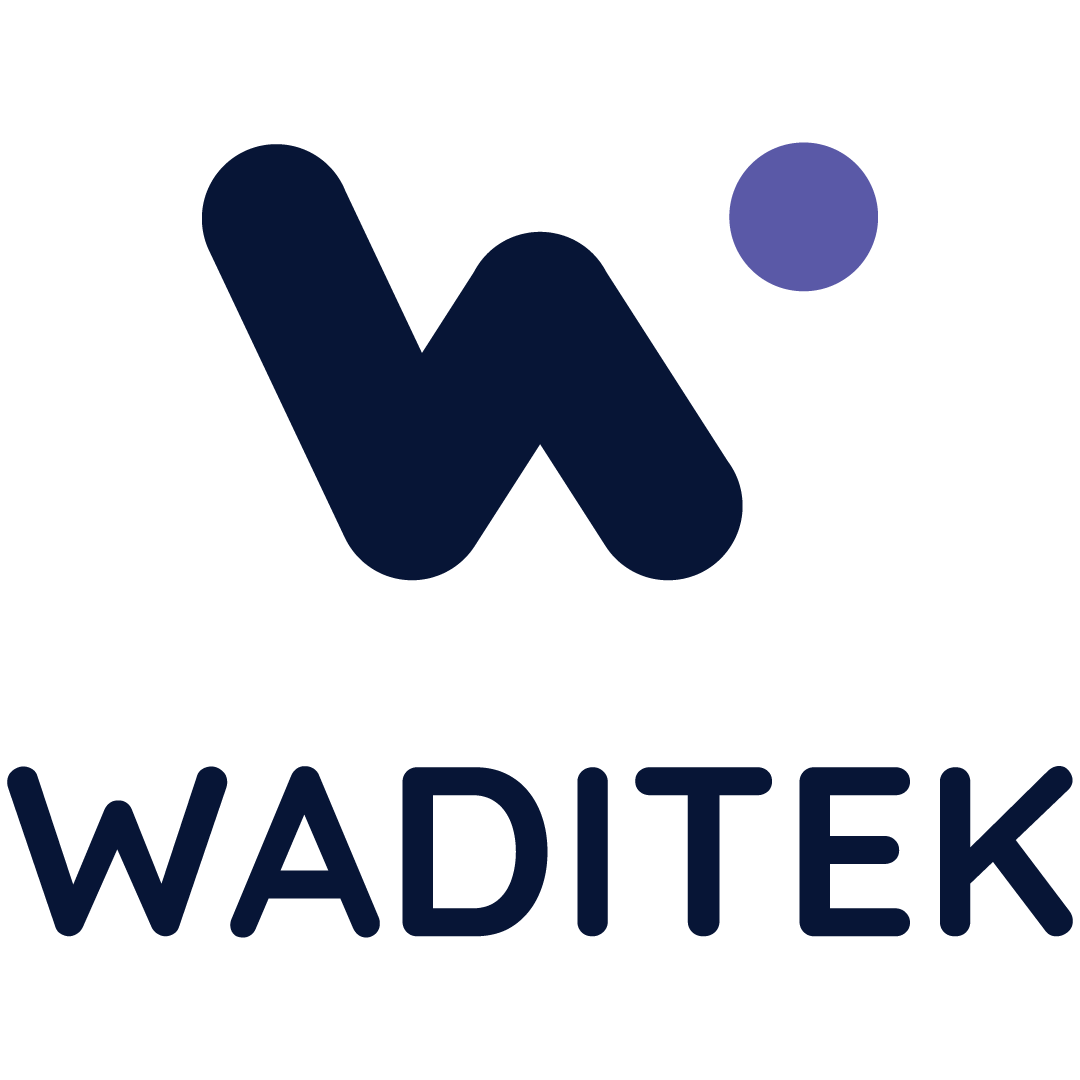Embracing the Generational Gap in the Business World
In today’s diverse workplace, managing a multigenerational team is both a challenge and an opportunity. As Generation Z (born between the mid-1990s and early 2010s) enters the workforce, it becomes essential for businesses to adapt their management strategies to accommodate the unique characteristics and expectations of this generation.
Tech-Savvy and Digital Natives: One of the defining traits of Generation Z is their status as digital natives. Having grown up with technology, they bring a high level of tech-savviness to the workplace. Embrace this by fostering a tech-friendly environment, encouraging collaboration through digital platforms, and providing opportunities for continuous learning in the digital space.
Emphasis on Purpose and Social Impact: Gen Z is known for its strong commitment to social causes and a desire to work for companies that align with their values. Businesses can appeal to this sense of purpose by incorporating corporate social responsibility initiatives, emphasizing sustainability, and communicating the positive impact the company has on society.
Flexible Work Arrangements: Unlike previous generations, Gen Z places a high value on flexibility in work arrangements. Embrace remote work options, flexible schedules, and a results-oriented work culture. Providing autonomy in how tasks are accomplished can lead to increased productivity and job satisfaction.
Open Communication Channels: Gen Z values open and transparent communication. Establish clear channels for feedback, encourage regular check-ins, and create a culture where employees feel comfortable expressing their ideas and concerns. This not only fosters a sense of inclusion but also enhances overall team dynamics.
Balancing Technology and Human Interaction: While Gen Z is comfortable with technology, they also appreciate meaningful human interactions. Encourage face-to-face communication, when possible, promote team-building activities, and create a workplace culture that values both technological efficiency and personal connections.
In conclusion, managing Gen Z requires a thoughtful approach that acknowledges and leverages their unique strengths and preferences. Embracing the generational gap in the business world not only fosters a more inclusive workplace but also positions companies for success by harnessing the diverse skills and perspectives of each generation.


